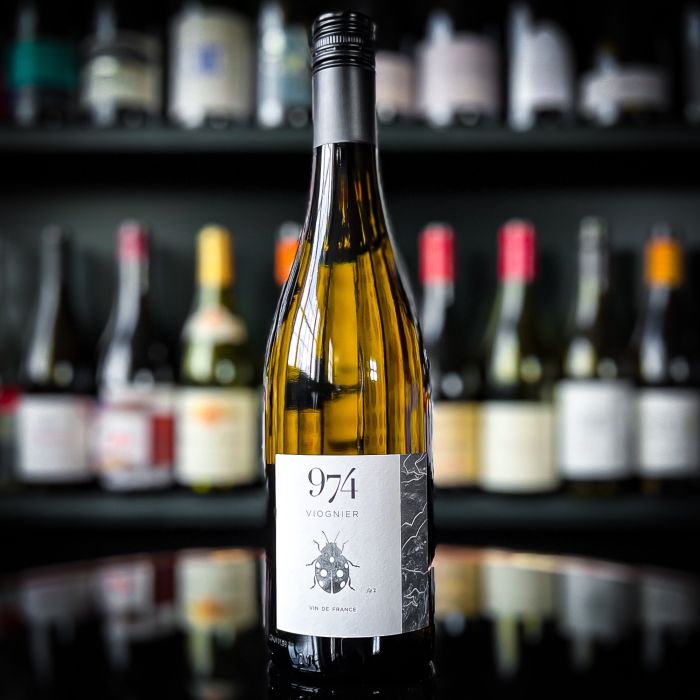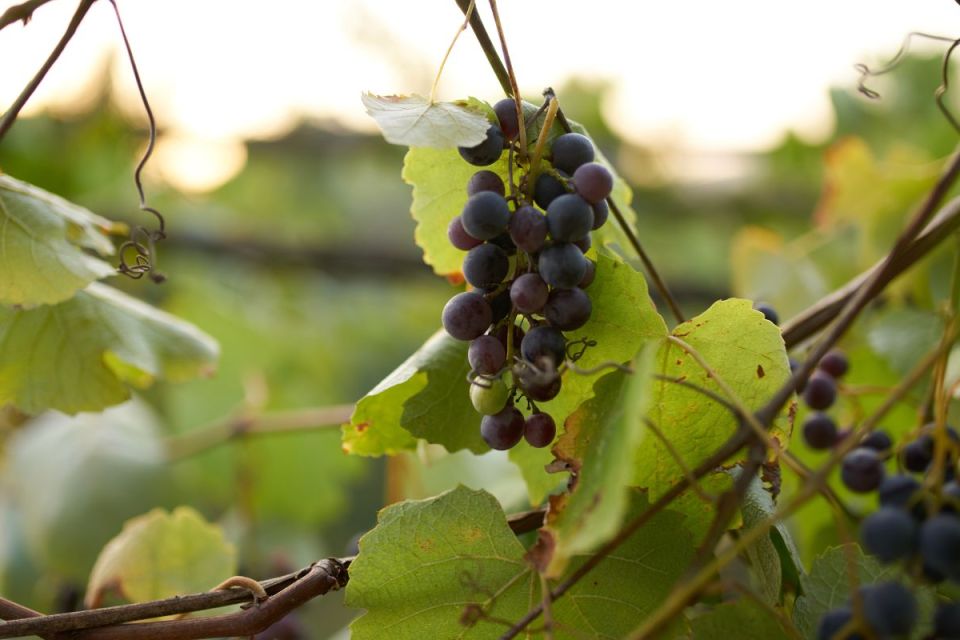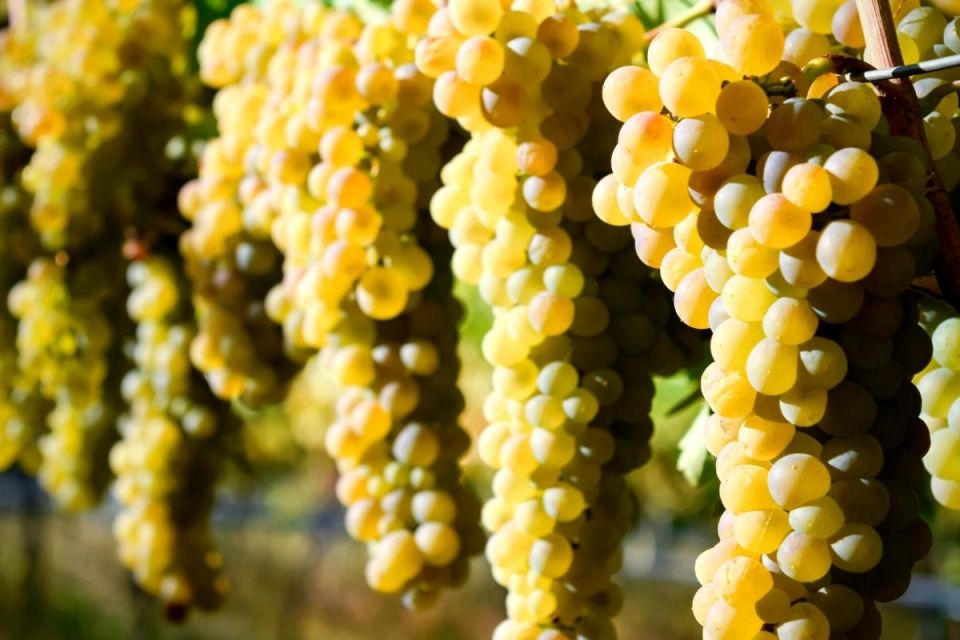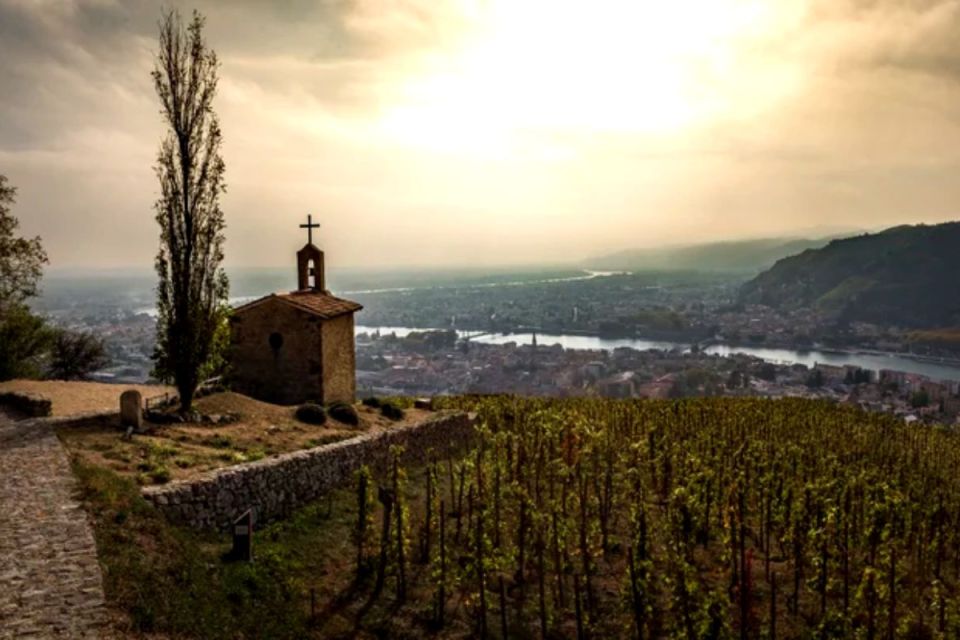Your Mini Basket
Organic wine is wine made from grapes grown in accordance with the principles of organic farming. This excludes the use of artificial chemical fertilizers, pesticides, fungicides and herbicides.
Previously, “Made with Organically Grown Grapes” was legally the only claim possible, but regulations introduced in 2012 now allow the whole winemaking process, from harvest to bottle, to be certified by law.
The definition does still vary from country to country though. In the US, no additional sulfites may be added to any organic product, including wine. In the EU, added sulfites are allowed, though there are limits on how much. Most other wine-producing countries do not have their own standards for organic wine and observe the standards of the nation importing the wine.




